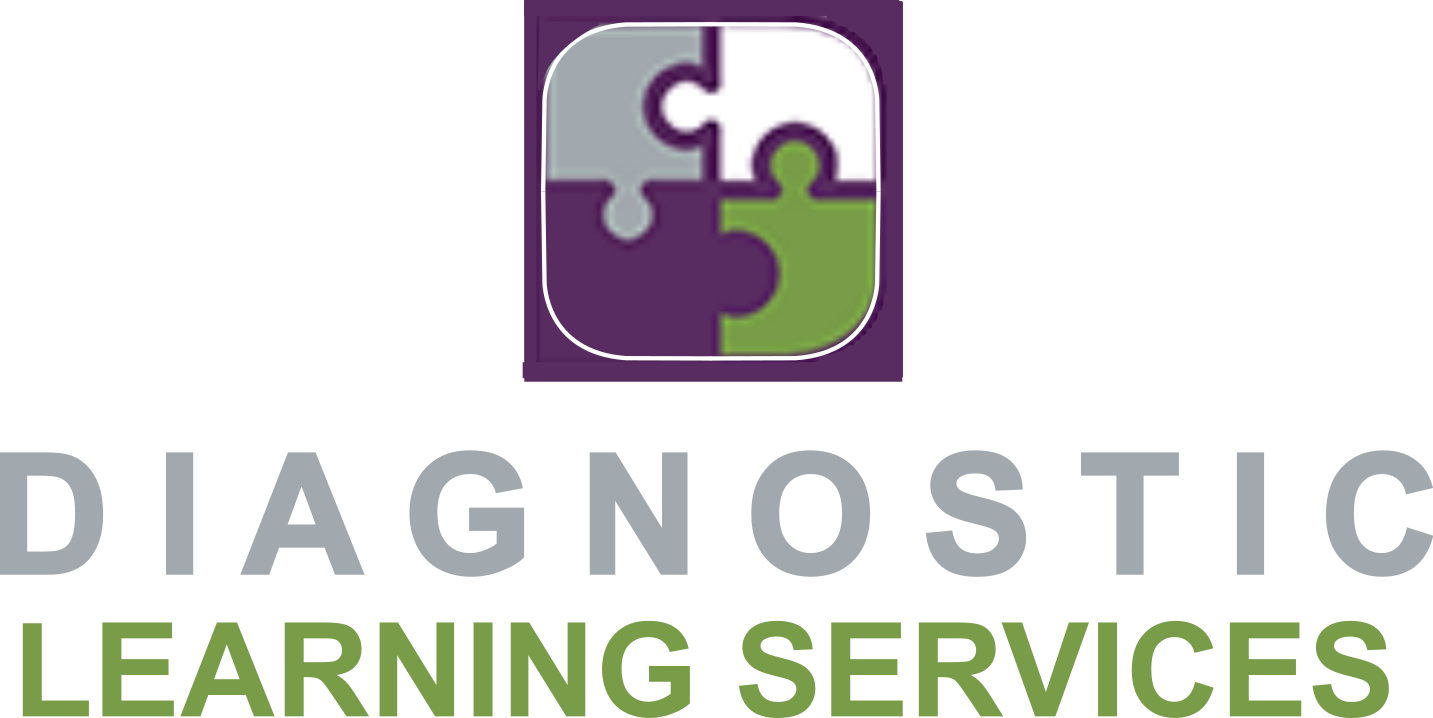Dyslexia Testing for Adults
Is reading slowly, missing words, or misunderstanding text something that's always held you back, even as an adult?
What is Dyslexia?
Dyslexia is a learning disorder that affects how individuals process written language. It makes it challenging to understand how sounds and letters come together to form words. This can lead to trouble with recognizing words accurately, sounding out new words, reading smoothly, and spelling. The symptoms of dyslexia can look much different in an adult than in a child because adults have oftentimes developed compensatory strategies that may mask some of the more basic symptoms.
Note: Dyslexia is not a sign of a lack of intelligence or effort. Everyone learns in unique ways!
Primary Characteristics of Dyslexia
- ✔️ Difficulty decoding unfamiliar words accurately
- ✔️ Difficulty with oral reading (slow, inaccurate, or laborious)
- ✔️ Difficulty with spelling
- ✔️ Difficulty reading words in isolation
- ✔️Math skills typically within the average range
- ✔️ Difficulty with written composition
- ✔️ Family history of similar problems
- ✔️ Past difficulty learning the names of letters and their corresponding sounds
Tip: Early identification can significantly improve outcomes and support strategies.
Common Characteristics of Dyslexia in Adults
-
✔️ Reading Challenges:
Difficulty reading quickly or fluently, especially under pressure; struggles with unfamiliar or complex words; a preference for audiobooks or spoken instructions over written text.
-
✔️ Writing and Spelling:
Spelling inconsistencies and frequent errors in written work; difficulty proofreading or catching mistakes; may avoid tasks that require extensive writing.
-
✔️ Coping Mechanisms:
Adults may rely on technology (e.g., spell-checkers) or ask others for assistance; they may develop strong verbal or problem-solving skills to compensate for reading difficulties.
-
✔️ Other Signs:
Difficulty with time management, organization, and following instructions; feelings of self-consciousness or frustration with reading or writing tasks.
Remember: Many adults with dyslexia have developed incredible strengths in other areas, such as creativity or problem-solving.
How We Test for Dyslexia
Adults often create their own strategies to cope with reading difficulties, but it’s never too late to be diagnosed with dyslexia and receive support for this learning disability. As with many challenges, identifying and understanding the issue is the first step. The following areas are part of our comprehensive in-person evaluation process:
- ✔️ Individual’s History: Gathered through self-report and semi-structured interviews.
- ✔️ Learning and Processing Assessment: Evaluating how the individual processes and retains information.
- ✔️ Academic Skills Assessment: Including phonemic awareness (ability to identify and manipulate sounds).
- ✔️ Ruling Out Other Factors: Assessing for any processing issues, medical conditions, vision problems, or other disabilities that may affect reading skills.
Note: Our testing process is designed to be thorough and stress-free, ensuring that individuals receive accurate results in a supportive environment.
🔍 Why We Look at the Whole Picture
At Diagnostic Learning Services, we don't assess for just one learning disability in isolation. A comprehensive in-person evaluation is essential to understanding how an individual learns and processes information. By examining multiple areas—such as reading, writing, math, attention, memory, and processing—we can rule out overlapping challenges and provide the most accurate diagnosis and support plan.
